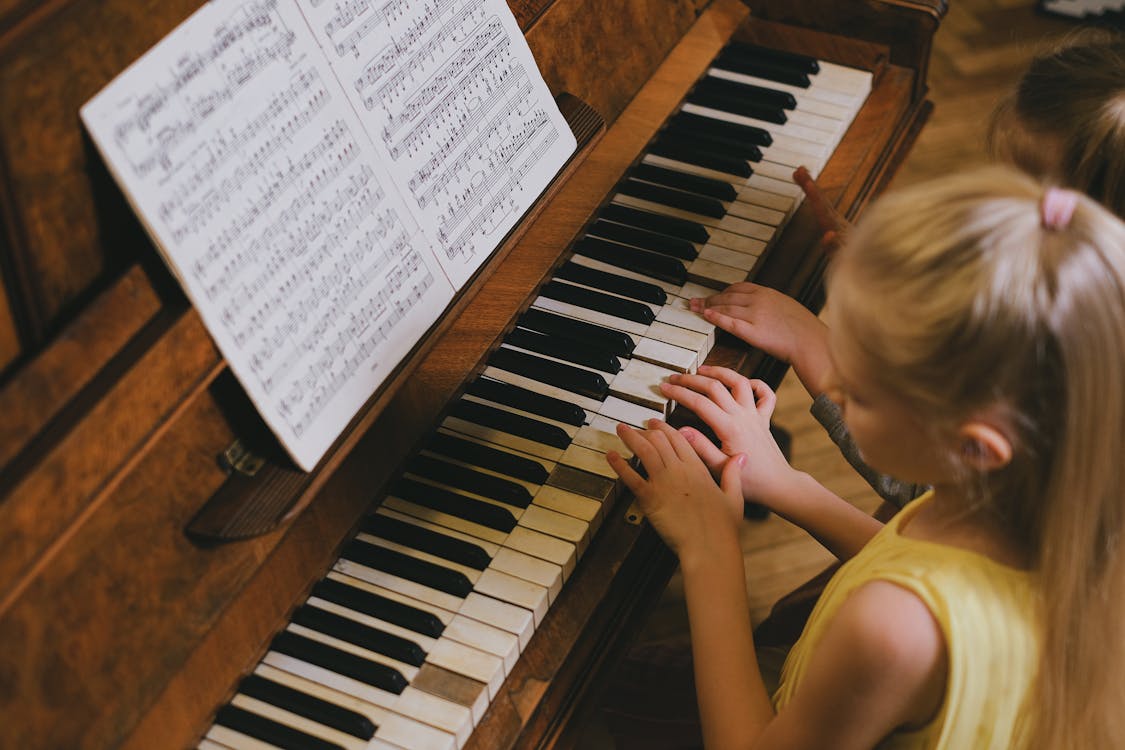How Piano Playing Enhances Academic Performance

Learning to play the piano is not just about mastering an instrument; it can also significantly enhance a student's academic performance. Research has shown that music education, particularly piano lessons, can lead to improvements in various cognitive skills that are essential for success in school.
Cognitive Development Through Music
Playing the piano engages multiple areas of the brain, fostering neuroplasticity and enhancing cognitive functions such as memory, attention, and problem-solving skills. Studies indicate that students who participate in music education often demonstrate better performance in subjects like mathematics and reading.
Memory and Concentration
Piano practice requires students to memorize notes, rhythms, and pieces, which strengthens their memory skills. This memorization process translates to improved retention of information in academic subjects. Additionally, the focus required during practice helps develop concentration, allowing students to engage more effectively in their studies.
Mathematical Skills
Music and mathematics share a deep connection. Learning to read music involves understanding patterns, fractions, and ratios, which are fundamental concepts in math. Research has shown that students who study music often excel in math due to their enhanced ability to recognize patterns and solve problems.
Emotional and Social Benefits
Beyond cognitive advantages, piano lessons also contribute to emotional and social development. Students learn discipline and perseverance as they practice regularly and work towards mastering challenging pieces. This discipline can carry over into their academic work, helping them to stay organized and committed to their studies.
Boosting Self-Esteem
Achieving milestones in piano playing, such as performing in front of an audience or mastering a difficult piece, boosts students' self-esteem. This newfound confidence can positively affect their participation in class and willingness to tackle challenging subjects.
Collaboration and Teamwork
Participating in group piano classes or ensembles teaches students the importance of collaboration and teamwork. These social skills are invaluable in school settings, where working with peers is often necessary for group projects and discussions.
Creativity and Critical Thinking
Piano playing encourages creativity, allowing students to express themselves through music. This creative outlet can enhance their ability to think critically and approach problems from different angles, skills that are essential in academic settings.
Conclusion
Incorporating piano lessons into a student's education can provide numerous benefits that extend beyond music. From improved cognitive abilities to enhanced emotional well-being, the skills gained through piano playing can lead to greater academic success. As educators and parents recognize the value of music education, they can help foster a generation of well-rounded, successful students.
Contact Us
Address: 170 East 80th Street, New York, NY 10075
Website: www.lamaisonschoolofmusic.com
Email: info@lamaisonschoolofmusic.com
Instagram: @lamaisonschoolofmusic
